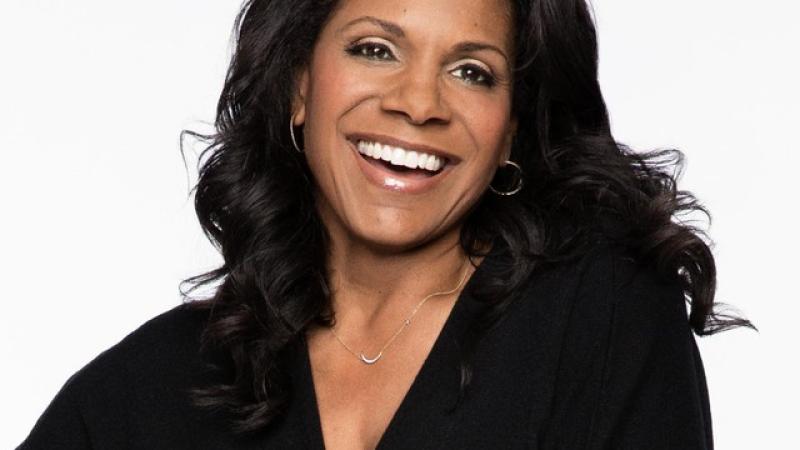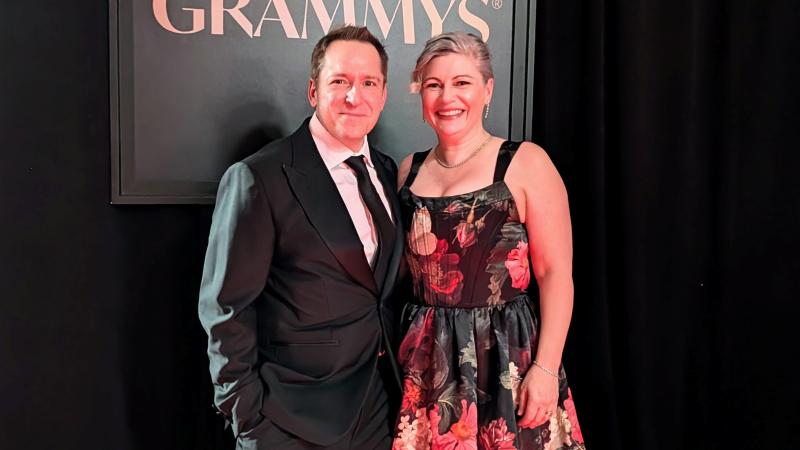Dr. Eric Mayes, a higher education leader who has championed diversity and education reform initiatives for nearly two decades, will join Lawrence University as its new vice president for diversity, equity, and inclusion.
He will lead the Office of Diversity, Equity, and Inclusion (DEI) and work collaboratively across campus with students, faculty, staff, alumni, and the broader community.
“It’s an opportunity to be a part of important change happening at a critical time in both Lawrence’s history and our country’s history,” said Mayes, who currently serves as the founding executive director of the Center for Educational Equity and associate professor within the College of Education and Health Professions at the University of Arkansas. “I felt it was the right time in my career to take on this role and lead diversity, equity, and inclusion work at the institutional level.”
Mayes emerged as the No. 1 choice from a strong field of candidates.
“Dr. Mayes has a level of passion and commitment to DEI work that will be game-changing for Lawrence,” President Laurie A. Carter said in making the announcement. “He has the experience that we need in this critical moment of Lawrence working toward becoming an antiracist institution. Dr. Mayes’ story of grit, determination, and resilience will allow him to serve as an excellent role model for our students while collaborating with faculty and staff to create an environment of belonging for all members of the Lawrence community.”
Mayes, who will begin his new duties in early November, will build on diversity work that has been done at Lawrence in recent years. The scope of the position has been expanded to focus on equity as well as issues of diversity and inclusion.
Mayes joined the Center for Educational Equity at Arkansas three years ago as its founding executive director. The master’s degree program is committed to developing equity-minded educators.
He also worked collaboratively with colleagues across the Arkansas campus on inclusive excellence and helped launch the Summer Equity Institute, an annual three-day residential event that brings together university, local, regional, and national voices on antiracism, educational equity, culturally responsive pedagogy, and policy-related issues.
“Dr. Mayes has proven to be an invaluable leader,” said Danielle L. Williams, associate vice chancellor and executive director of the Office of Equal Opportunity, Compliance, and Title IX at the University of Arkansas. “He is a strategic thinker who is passionate about diversity, equity, and inclusion and actively works to create a culture where all can thrive. I am confident that Dr. Mayes has the academic prowess and personality to move your institution forward. I am excited to see his future successes at Lawrence University.”
Mayes was previously on the faculty at Johns Hopkins University’s School of Education, serving as an assistant professor of educational leadership and chair of the school’s Diversity and Civility Committee. He trained a global cohort of education professionals to be more effective leaders and to use culture, diversity, and equity as seminal elements of effective leadership and pedagogical change.
Prior to that, he worked for three years in the nation’s capital as a national deputy director at the Children’s Defense Fund, leading initiatives on national education reform, service learning, social justice, and leadership development.
He holds an Ed.M. in education policy and management from Harvard University, a Ph.D. in educational psychology from Howard University, and master’s and bachelor’s degrees from the University of Michigan. He is a member of the Student Affairs Administrators in Higher Education, National Association of Diversity Officers in Higher Education, Association of Black Psychologists, American Educational Research Association, and the American Society for Public Administration.
Mayes said the leadership work he’s done at the University of Arkansas and Johns Hopkins has prepared him to work effectively across departments at Lawrence, build and maintain navigable support systems for students, and facilitate productive conversations on and off campus.
“Lawrence is getting a collaborator, someone who values diversity, equity, and inclusion at an extremely high level, someone who is committed to the truest notion of a liberal arts education,” Mayes said. “To realize the unique value of a liberal arts education, you need to have an environment where people feel welcome, where people feel supported, where people can bring their authentic self to the classroom, to campus, and their presence and contributions are welcomed, valued, and celebrated.”
Mayes grew up in southwest Michigan, surrounded by significant poverty. He said the support he received throughout his youth has informed his education and his professional life.
“The odds were not in my favor, but I fought against them and refused to be a victim of them,” Mayes said.
He enrolled at Xavier University in Louisiana before transferring to the University of Michigan. He would make the Michigan football team as a walk-on linebacker and grow into one of its top defensive players. As a senior, he was named a co-captain, and that team went on to win the 1997 National Championship. The leadership he showed after suffering a season-ending knee injury is the stuff of legend at Michigan.
Mayes said he had mentors to lean on, to provide guidance and support every step of the way. He carries those lessons with him today.
“My career path has largely been driven by working to give back and replicate the kinds of support that I received that proved to be life-changing,” he said.
Mayes, who will also be a tenured professor in the Department of Education at Lawrence, said he’s excited to make connections in the Fox Cities, to facilitate conversations so both Lawrence and the broader community can thrive together.
“Lawrence doesn’t exist in a vacuum,” he said. “That community connection and engagement is important.”
Mayes said every conversation he’s had in his visits to Lawrence have given him hope that Lawrence will continue to move forward in its diversity, equity, and inclusion work. He’s excited to be a leader in those efforts.
“I thought the faculty, staff, and students I met were really genuine,” Mayes said. “I’m looking forward to working alongside them and bringing my experiences, expertise, and network to campus and help move the needle forward in achieving the institutional goals around antiracism, diversity, equity, and inclusion.”




